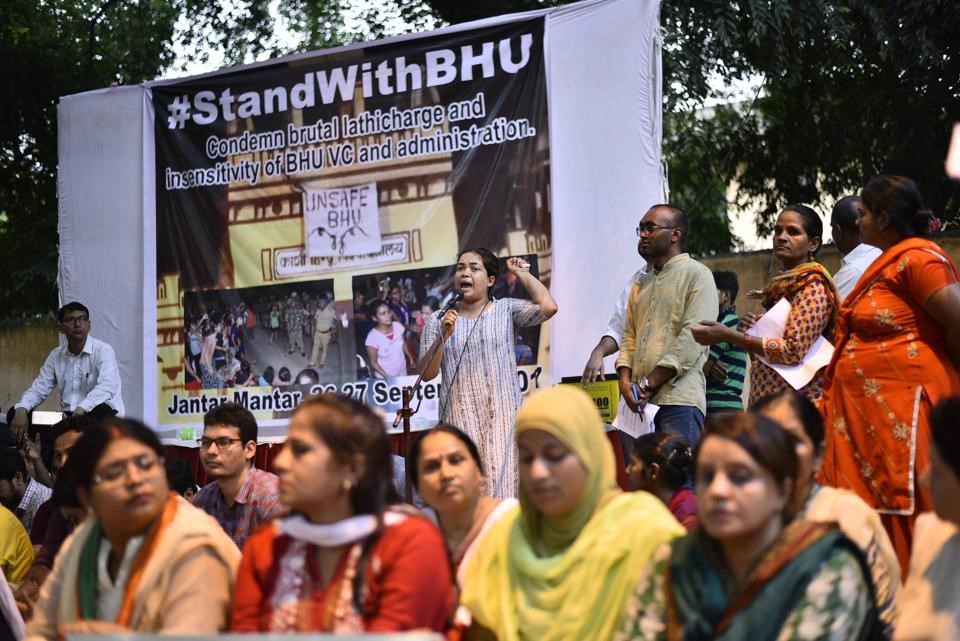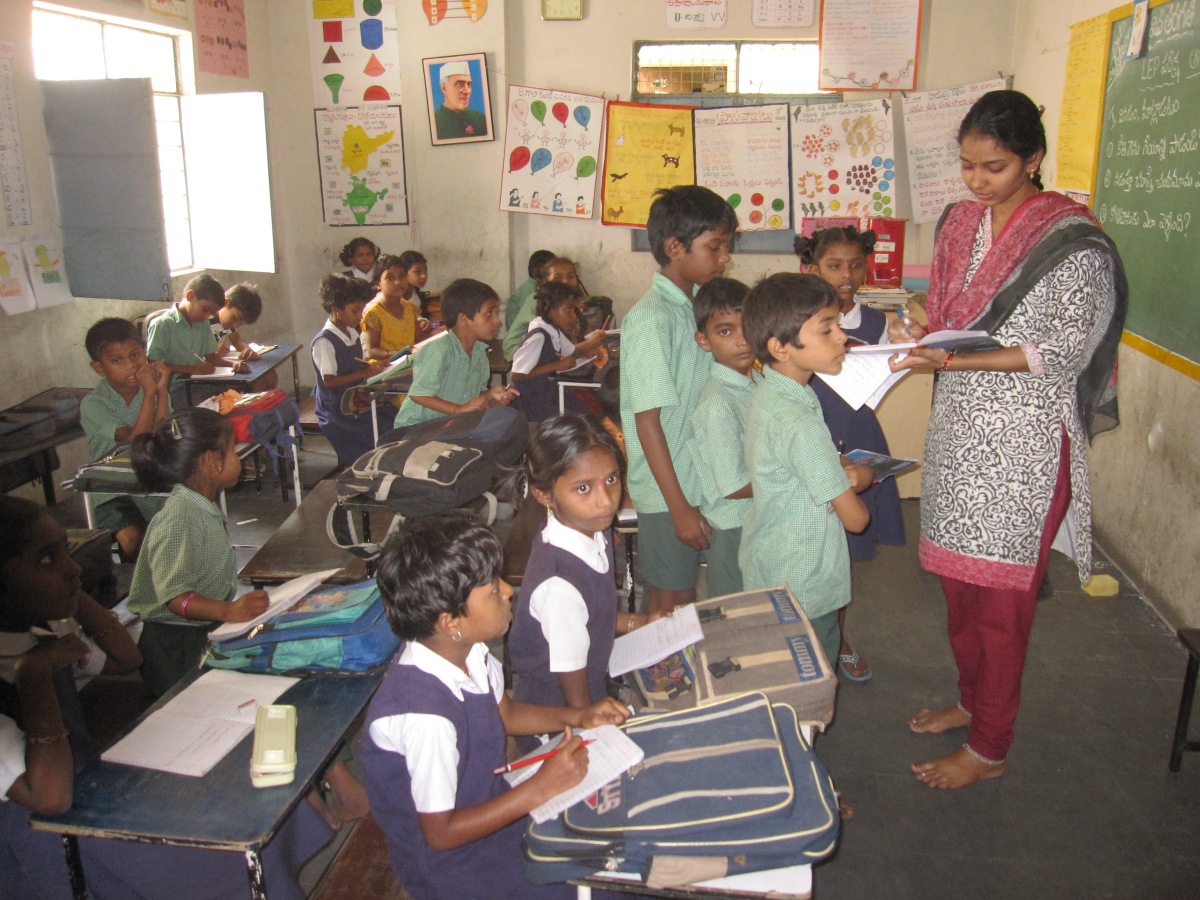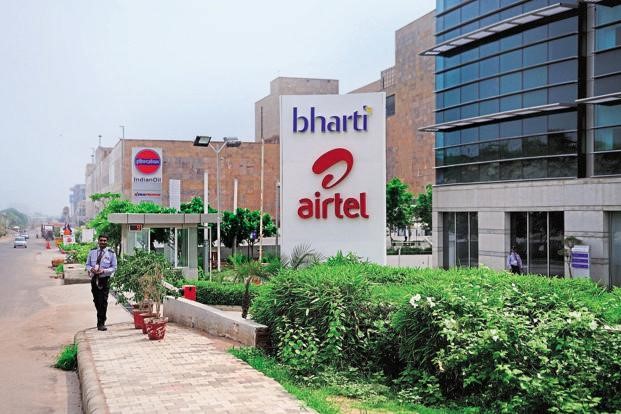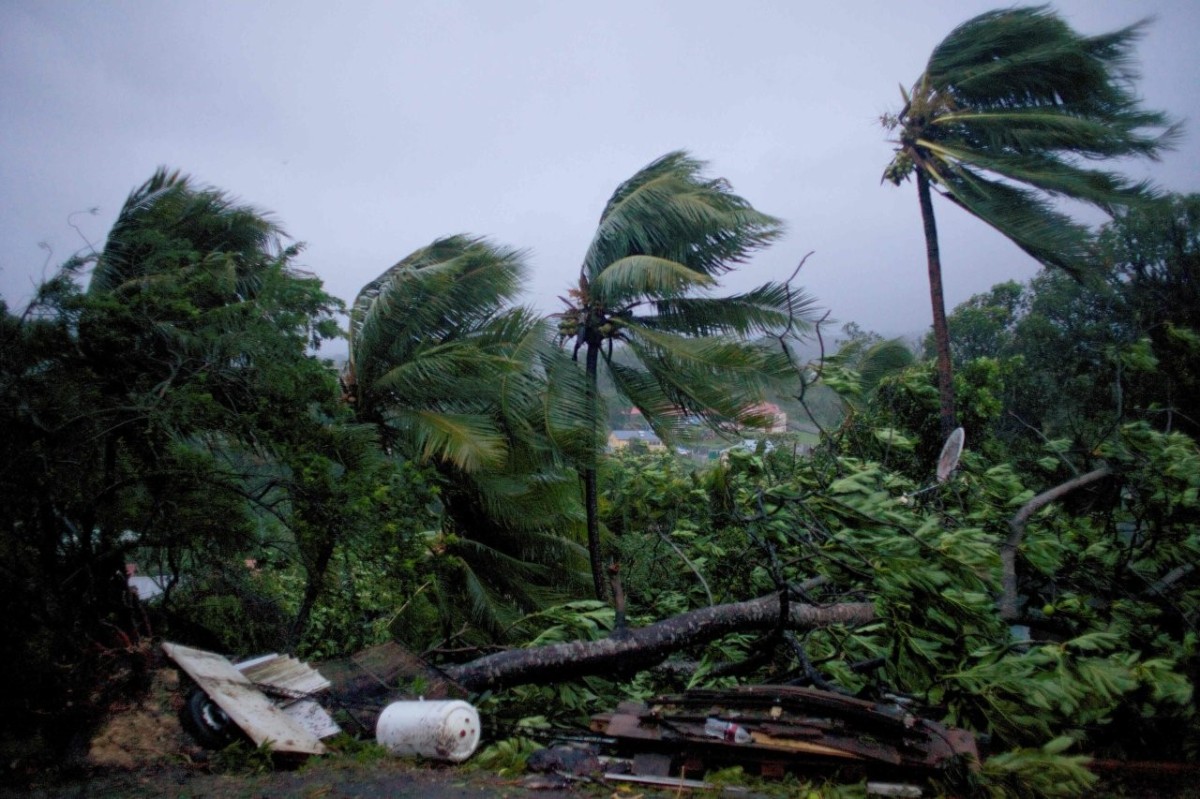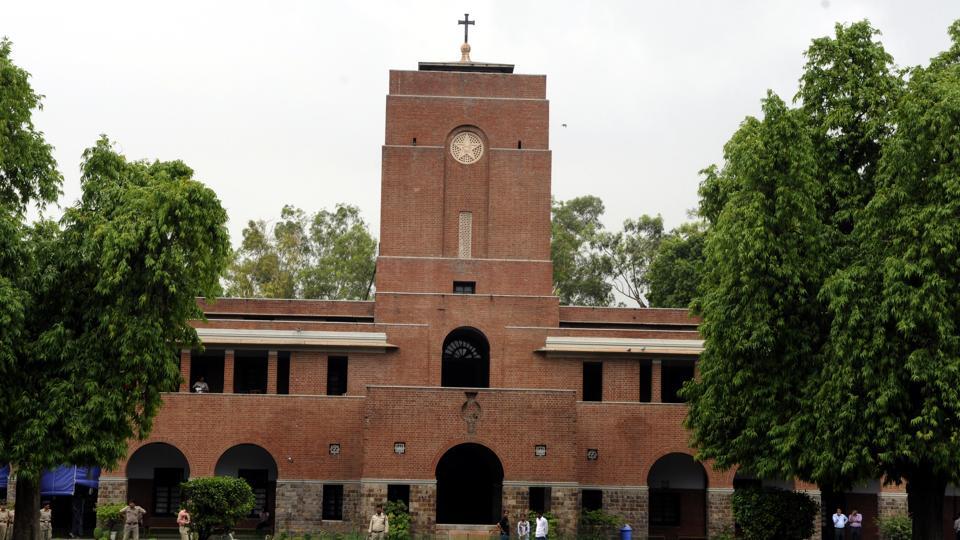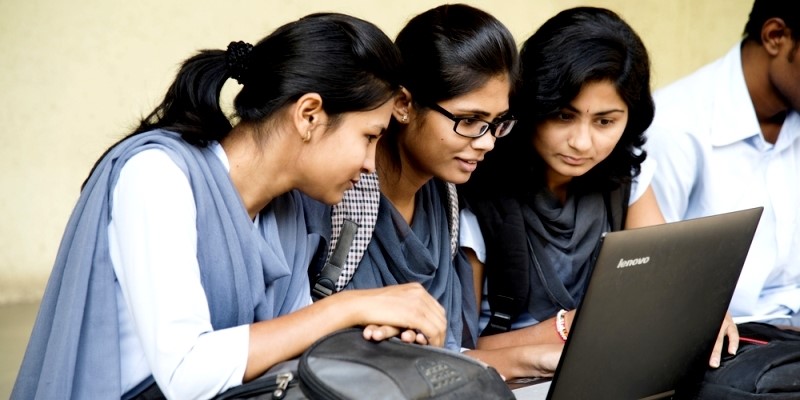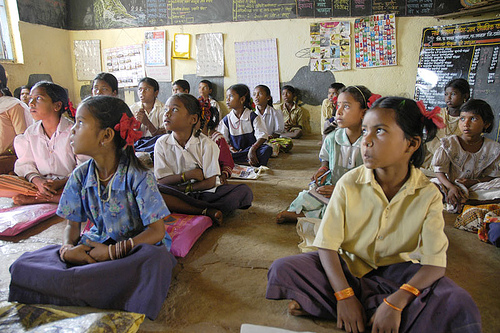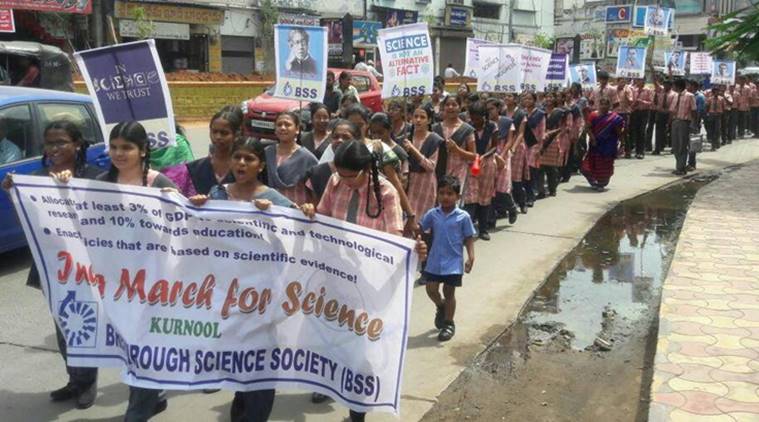Indian women deserve treatment in colleges and universities that is better than what they get at places like BHU. The atmosphere of universities in Bihar has always been restrictive but that doesn’t mean that people should not question the authorities. The restrictive atmosphere has always acted as a hindering factor in the development of the students as forward thinking human beings who wouldn’t lie down to pressure and will not follow the rules without questioning the people who made them. – Nirmal Singh Lotus
This mind set and power of the status quo have made things tremendously questionable and uncomfortable – worrying even. Women are seen as little girls and not as adult human beings. Even if we do not bring in the gender factor into the argument, people should understand that these little girls are not little puppets or children anymore, they are adult human beings.
Nirmal Singh Lotus mentioned that in universities like Bananas Hindu University, women are being treated as if they have committed some crime and are serving their time in jail for that.
Female students of the universities are being treated differently than male students. They are not allowed to go out after 6pm. They cannot eat non-vegetarian food, go to libraries to study at night, cannot, under any circumstance, meet with the boys who don’t belong to their families. The students cannot eat non-vegetarian food. All of this because people, the authorities of the universities want these girls to be safe and do not want any harm to them. This is being done in a state which has one of the highest unregistered rape cases in the country. Not eating non-vegetarian and not talking on the phones will somehow bring that number down? That is what the authorities are working with. – Nirmal Singh Lotus
